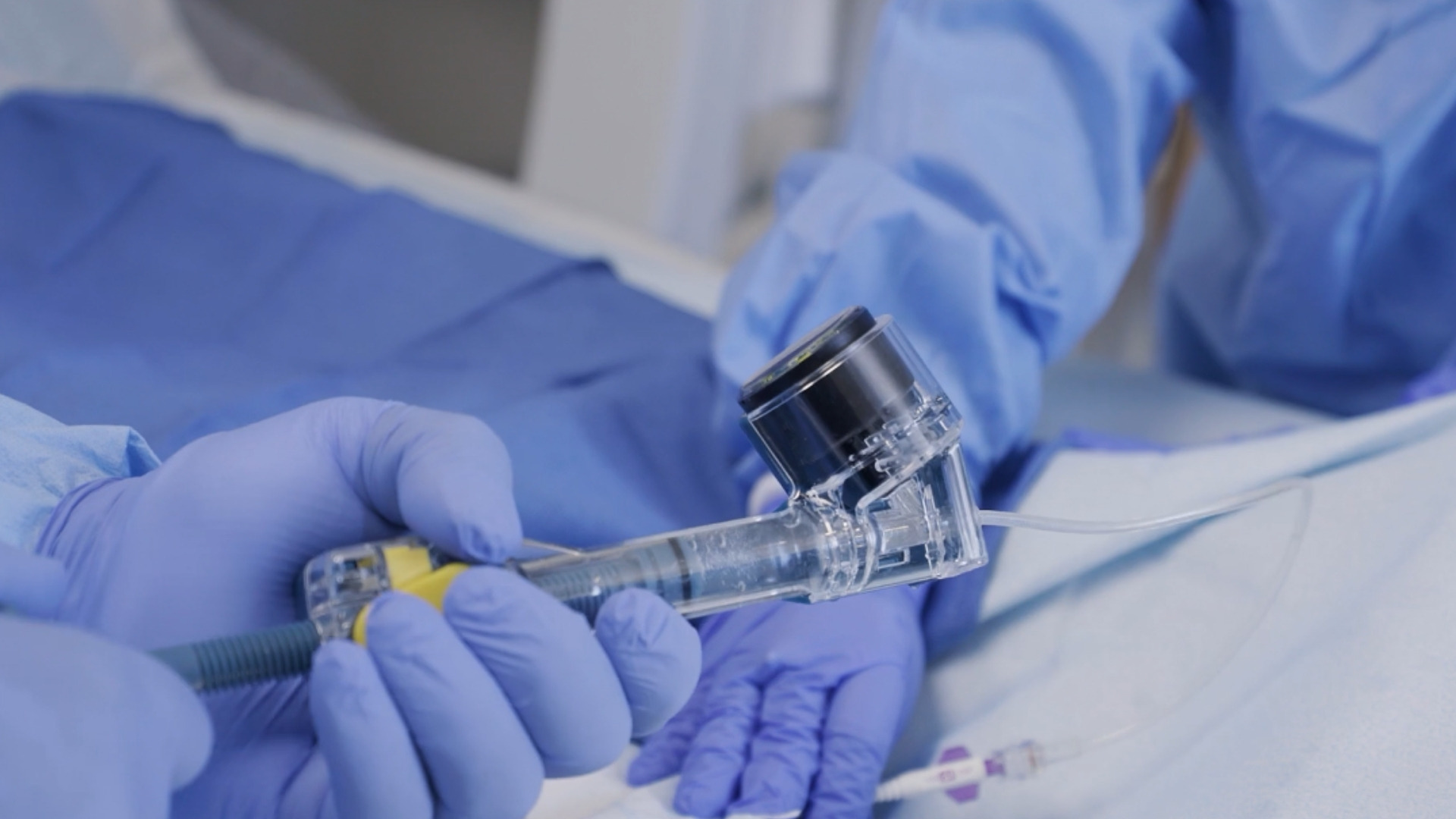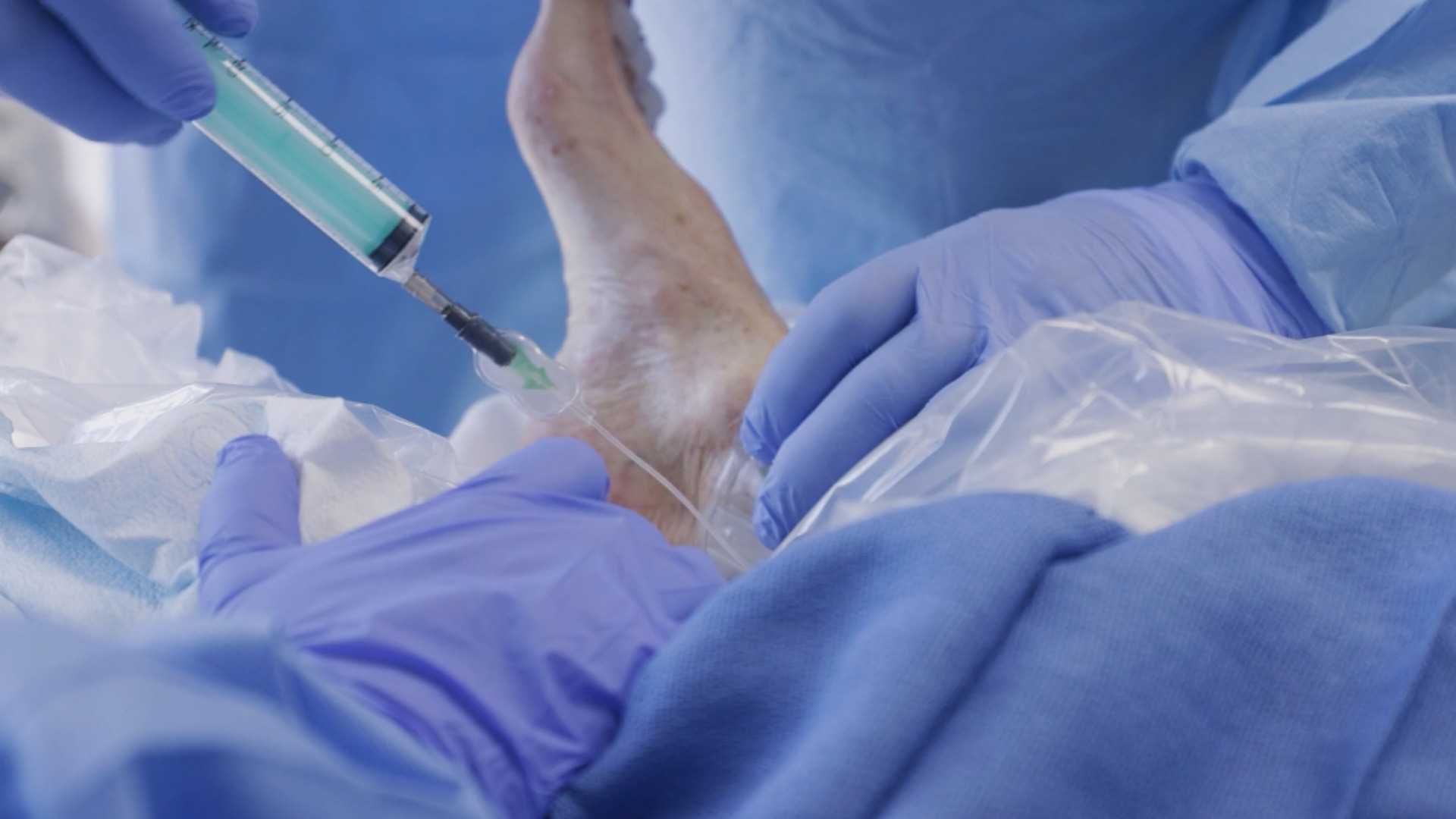For many patients, there is a direct line between diabetes and arterial disease. Specifical prevalent in the development of gangrene, diabetes is a major arterial health concern. That’s why we wanted to explore a major patient question regarding the two.
Types of Gangrene
Gangrene comes in a few specific varieties. Each is a serious health concern, but not all are equally lethal. No matter the variety of gangrene you may be dealing with, it’s important to contact your primary care provider immediately if you suspect you may have gangrene.
Dry Gangrene
Caused by disrupted or blocked blood flow, often due to circulation problems. The usual cause of dry gangrene is peripheral artery disease.
Wet gangrene
Caused by disrupted blood flow along with a bacterial infection. Blisters that release pus (the “wet” factor) develop on your skin. This is why wet gangrene spreads so quickly to other tissues near the wound/ulcer site.
Gas gangrene
Caused by bacterial infection (Clostridium). Bacteria quickly multiply in your muscle tissue, forming toxins and releasing gas into your tissue. Spreads fast and can lead to death within 48 hours if not treated.
Fournier’s gangrene
Caused by infection in your penis, scrotum or perineal (genital and anal) area. This gangrene classification is far more common in biological males than it is in biological females, but both can—unfortunately—experience it.
Internal gangrene
Caused by blocked blood flow to internal organs. Affected organs may include your intestines, gallbladder or appendix.
How Are Gangrene, Diabetes, and Claudication connected?
If you have diabetes, you have an increased risk of developing dry gangrene. High blood sugar levels can damage your nerves, which can cause a loss of sensation in the affected area. This can make it easier for you to develop an injury.

High blood sugar can also affect your blood vessels and limit the blood flow to your feet. That interaction is what causes claudication in patients, as the restricted blood flow can lead to intense pain in joints and muscle tissue as it is in use.
On top of just pain, however, this impact on your arteries causes a chain reaction. If your feet aren’t getting enough circulation, fewer infection-fighting cells are making their way to your feet. If you don’t have enough of these cells in the area, any wounds you develop can take longer to heal. Any potential wounds are also more likely to be infected, and that infection is likely to get worse faster. As a result, gangrene develops.
That’s why it’s so important to work with a vascular care specialist and pursue gangrene treatment in Rogers!
Turn to the Vascular Surgeons at Rogers!
If you need support with claudication or gangrene treatment in Rogers, turn to the Ozark Regional Vein & Artery Center. Our experience and constantly expanding suite of care options enable us to guide you toward lasting wellness solutions.
We are a premier practice in Northwest Arkansas for the highest-quality vein and artery treatments. Dr. Haney, Dr. Stout, and the expert staff have over 500 years of combined experience caring for patients’ vascular well-being. Helping people is what we do; our mission is to provide the people of Northwestern Arkansas and beyond with the absolute best care possible.
You can count on the Ozark Regional Vein & Artery Center to provide effective solutions for treating gangrene. No matter your needs or care resources, we will work with our patients to achieve optimal care results each and every time.
So, if you’re concerned about your vascular well-being, check out our Virtual Vein Screening Tool or schedule a consultation!

